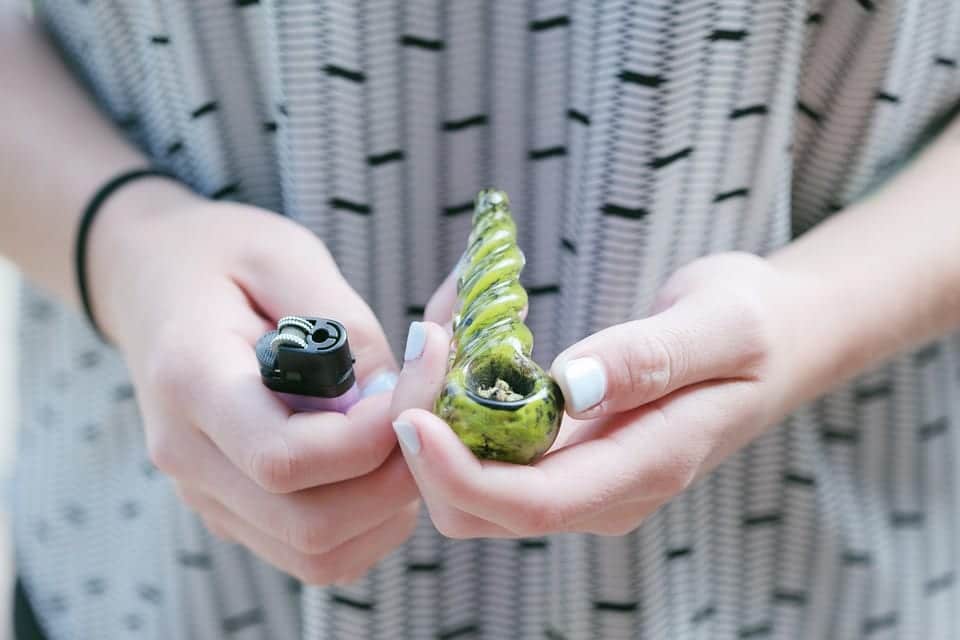Crimes have a way of catching up to you, as one Minnesota woman recently found out.
A woman was arrested in Wisconsin for, among other things, drug paraphernalia charges.
When police arrested her, they also discovered that she was wanted in Minnesota for murder charges related to the death of her 1-year-old daughter.
While not every drug paraphernalia suspect will face murder charges, this case does show one very important thing: even charges for a crime that you feel is insignificant, like drug paraphernalia, can lead to far more serious consequences. In fact, you don’t even need to have drugs in your possession to face these charges.
Here’s what you need to know about drug paraphernalia laws in Minnesota and what penalties can be faced in the event you are charged and found guilty of possession of drug paraphernalia.
Drug Paraphernalia Defined
Under Minnesota law, any equipment, materials, and products that are intentionally or knowingly used for certain activities are defined as drug paraphernalia. These activities include:
- The manufacture of a controlled substance
- Ingesting, injecting, inhaling, or introducing a controlled substance to the human body
- The enhancement of a controlled substance
- The testing of effectiveness, purity, or strength of a controlled substance
What Types of Items Are Considered Drug Paraphernalia?
Several types of items are considered drug paraphernalia in Minnesota. Being found in possession of them, even if drugs are not present, can lead to charges of possession of drug paraphernalia.
The most common items considered drug paraphernalia include:
- Rolling papers
- Glass pipes
- Freebase kits
- Crack pipes
- Syringes
- Scales
- Bongs
- Roach clips
- Smoking masks
- Chamber pipes
- Miniature spoons
Most of these items by themselves may seem harmless. After all, most can be purchased legally.
So, how does law enforcement determine if the above items are, in fact, drug paraphernalia? Well, U.S. Codes specify that they should consider relevant factors when making this decision, such as:
- Descriptive material that details the use of the item
- Circumstantial or direct evidence of drug sales
- Written or oral instructions for the use of the object
- Whether the person found in possession of the item is a licensed distributor
If you are charged with drug paraphernalia possession, consult with an attorney to see if law enforcement considered relevant factors under the law before charging you with the crime.
The Penalties for Possession of Drug Paraphernalia
In Minnesota, the possession of drug paraphernalia, as well as the delivery, manufacture, or advertisement of drug paraphernalia, is illegal. The severity of your penalties rests on the factors surrounding your specific case.
In general, drug paraphernalia possession can result in:
Petty Misdemeanor
This is the lowest level of misdemeanor. You may be found guilty of it if it is shown you intentionally or knowingly possessed drug paraphernalia. This level of offense does not constitute any jail time but may require paying fines of up to $300.
Misdemeanor
You can be charged with a misdemeanor if you intentionally or knowingly deliver, manufacture, or possess drug paraphernalia for delivery, or if you advertise the sale of drug paraphernalia. It is punishable by as many as three months in jail and fines of as much as $1,000.
Gross Misdemeanor
If you are over 18 and intentionally or knowingly deliver drug paraphernalia to someone who is a minor by law, then you can be charged with a gross misdemeanor.
It is punishable by as many as 12 months in jail and fines of as much as $3,000.
About the Author:
Christopher Keyser is an AV-Preeminent rated criminal and DWI defense attorney based in Minneapolis who is known for fighting aggressively for his clients and utilizing innovative tactics to get the most positive results. He has been featured in numerous media outlets due to the breadth and depth of his knowledge and named a Certified Specialist in Criminal Law by the Minnesota Bar Association. Mr. Keyser is Lead Counsel rated, and he has received recognition for his criminal law work from Avvo, Expertise, Super Lawyers, The National Trial Lawyers, and more.







